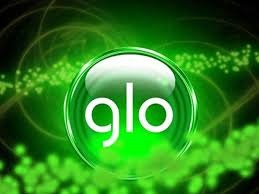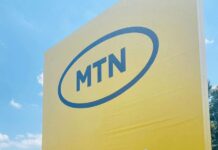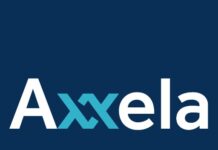After its first 10 years of an impressive run, Globacom Limited, Nigeria’s second national operator (SNO) owned by business magnate, Mike Adenuga (Jr.) has secured the renewal of its licence for another 10 years of operation.
The licence renewal increases the number of unified access services licenses to 11 companies in the Nigerian telecoms market.
The renewal of the 10-year unified access services licence (UASL) of Globacom by the Nigerian Communications Commission (NCC), becomes effective from December 1, 2023, through November 30, 2033.
The development is regarded as a challenge to the indigenous operator to continue to lead in terms of quality service in the country.
According to a report by Technology Times, at the weekend, Adenuga’s licence renewal comes as another reprieve for his telecoms group, Globacom, following the recent restoration of regulatory services to the Nigerian SNO by the telecom’s regulatory agency, NCC. Meanwhile, Globacom’s licence renewal increases the number of unified access services licences to 11 companies in the Nigerian telecoms market.
Other unified access licensees include: MTN Nigeria Communications Plc, Intercellular Nig Plc, Airtel Networks Limited (Formerly Celtel Nig Ltd), Smile Communications Nigeria Limited, Megatech Engineering Ltd, NATCOM Development Investment Ltd, Global Independent Connect Limited, Mafab Communications Limited, MPS Technologies Limited, and Open Skys Services Limited.
The renewal was said to have followed the decision of Globacom to successfully clear its outstanding debt obligations to the commission for unpaid Spectrum Fees, Numbering Fees, and Annual Operating Levy (AOL).
The company reportedly paid N154 billion to the federal government, which is part of the spectrum licence renewal fees for the company.
The NCC, in a recent press statement, disclosed that it has stepped down planned enforcement action against Globacom over its breach of extant regulations by failing to pay its debts despite several demand notices.
As confirmed by the spokesperson for the NCC, Reuben Muoka, the regulatory services were said to have been restored after Globacom “successfully cleared its outstanding debt obligations to the Commission for unpaid Spectrum Fees, Numbering Fees, and Annual Operating Levy (AOL).”
According to him, NCC “has also stepped down planned enforcement action against Globacom over its breach of extant regulations by failing to pay its debts despite several demand notices.”
The commission, Muoka said, had temporarily withdrawn the suspension of regulatory services to Globacom in a letter dated May 22, 2023, titled “Re: Continuous Breach of Commission’s Laws and Regulations.”
The NCC spokesman said that the “lifting of the suspension of regulatory services to Globacom followed its meeting the conditions set out in the directives suspending regulatory services to the service provider by the Commission.”
The report also quoted the NCC as saying that the introduction of unified or converged licensing was to encourage the growth of new applications and services; simplify existing licensing procedures to ease market entry and operations; engender regulatory flexibility to address market and technological developments; promote efficient utilisation of network resources, “so that individual networks may be used to provide a broad range of ICT services.” It also sought to encourage “a full range of operators, including large-scale and micro-entrepreneurs.






















